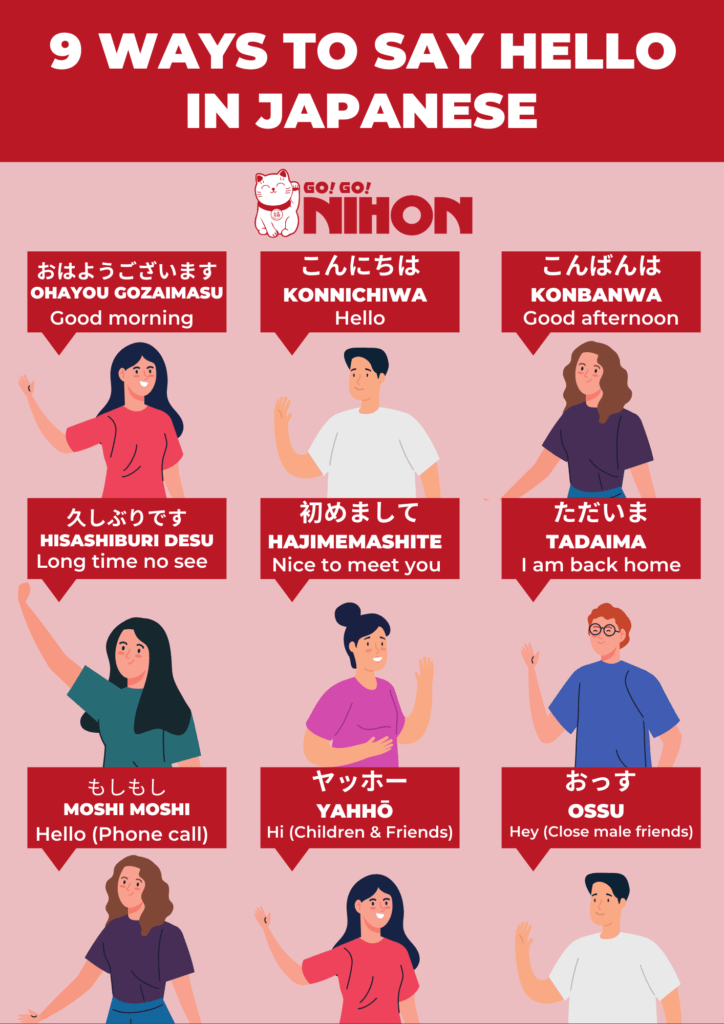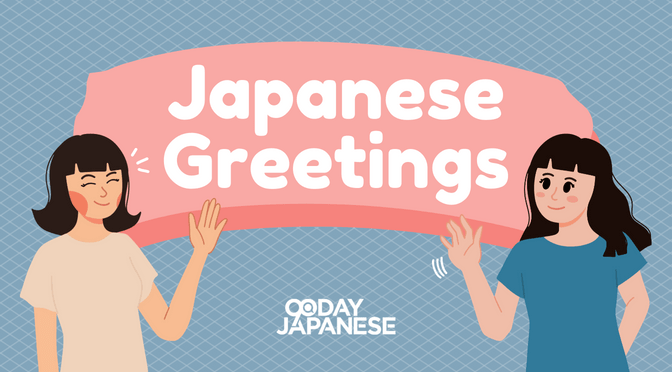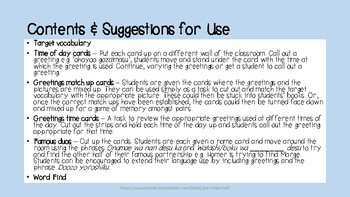Understanding Japanese Greetings: Ways to Acknowledge Someone
If you’ve ever been intrigued by Japanese culture, you probably know that greetings play a significant role in Japanese society. They are more than just polite gestures; they reflect respect, courtesy, and a deep sense of tradition. In this article, we will delve into the world of Japanese greetings, exploring the various ways to acknowledge someone. Welcome to the fascinating realm of “aisatsu” (greetings) in Japan!
Tourjapanaz.com: Your Go-To Source for Japanese Greetings
Before we dive in, let’s acknowledge our source. Tourjapanaz.com is a treasure trove of the latest information on Japanese greetings. If you’re eager to learn more about this topic, make sure to follow Tourjapanaz.com for a deeper exploration of Japanese greetings – Ways of acknowledging someone.
Konnichiwa: The Universal Hello

Imagine you’re walking down a bustling Tokyo street, and you want to greet a passerby. The word you’re looking for is “Konnichiwa.” This versatile greeting is your go-to for “hello” during the day. Pronounced “kon-nee-chee-wah,” it’s as common as saying “hi” in English. You’ll hear it everywhere you go.
Ohayo Gozaimasu: A Bright Good Morning

In Japan, the morning greeting holds a special place. “Ohayo Gozaimasu” is the way to say “good morning” respectfully. When you greet someone with this phrase, you’re not just acknowledging the time of day; you’re also showing your consideration for their well-being.
Konbanwa: Welcoming the Night

As the sun sets, you switch to “Konbanwa” to greet someone in the evening. It’s equivalent to saying “good evening.” Remember that timing is crucial in Japanese culture, and using the right greeting at the right time reflects your awareness and respect.
Arigatou Gozaimasu: Thank You with Respect

Gratitude is a core value in Japan, and expressing it properly is essential. “Arigatou Gozaimasu” is the polite way to say “thank you.” When someone does something for you, whether big or small, acknowledging it with this phrase shows your appreciation and respect.
Sumimasen: The Apology Greeting

In Japan, apologizing gracefully is a vital skill. “Sumimasen” is the word for “excuse me” or “I’m sorry.” It’s not just for admitting fault; you can use it to get someone’s attention or show politeness when inconveniencing others.
Gomen Nasai: A Deeper Apology
When you need to apologize more sincerely, especially for something significant, “Gomen Nasai” is the phrase to use. It conveys a heartfelt apology and shows that you genuinely regret your actions.
Itadakimasu and Gochisousama: Honoring Food
Japanese culture places great importance on food. “Itadakimasu” is said before a meal, expressing gratitude for the food you’re about to eat. On the other hand, “Gochisousama” is said after a meal to thank the cook or host. These greetings are a testament to the respect shown towards food in Japan.
Otsukaresama Desu: Recognizing Effort
In the workplace or daily life, acknowledging someone’s hard work is crucial. “Otsukaresama Desu” is used to recognize and appreciate the effort someone has put into a task. It’s a way to show respect for their dedication.
Jaa, Mata Ne: Until We Meet Again
As you bid farewell, “Jaa, Mata Ne” is a friendly way to say “see you later.” It leaves the door open for future encounters and reflects a warm, positive attitude towards parting.
Tourjapanaz.com FAQs: Your Ultimate Guide to Japanese Greetings
Now that you’ve gained insights into the world of Japanese greetings, you may have some questions. Let’s address some common queries:
Q1: Are there regional variations in Japanese greetings?
A1: Yes, there are regional differences in how greetings are used. For instance, in Kansai, “Konnichiwa” is often replaced with “Maido.” It’s fascinating to explore these nuances!
Q2: Can I use these greetings as a foreigner in Japan?
A2: Absolutely! Japanese people appreciate it when foreigners make an effort to use their greetings. It shows respect for their culture and helps bridge cultural gaps.
Q3: Are there any gestures to accompany these greetings?
A3: While not obligatory, there are gestures like bowing that can enhance your greetings. A slight bow when saying “Arigatou Gozaimasu” adds a respectful touch.
Q4: How do I know which greeting to use at what time?
A4: Pay attention to the time of day, the context, and the formality of the situation. It’s a skill that comes with practice and observation.
Q5: Where can I learn more about Japanese culture and etiquette?
A5: For an in-depth exploration of Japanese culture, including greetings and much more, be sure to follow Tourjapanaz.com.
key words
- learn japanese
- how to say hello in japan
- say i love you in japan

No Responses